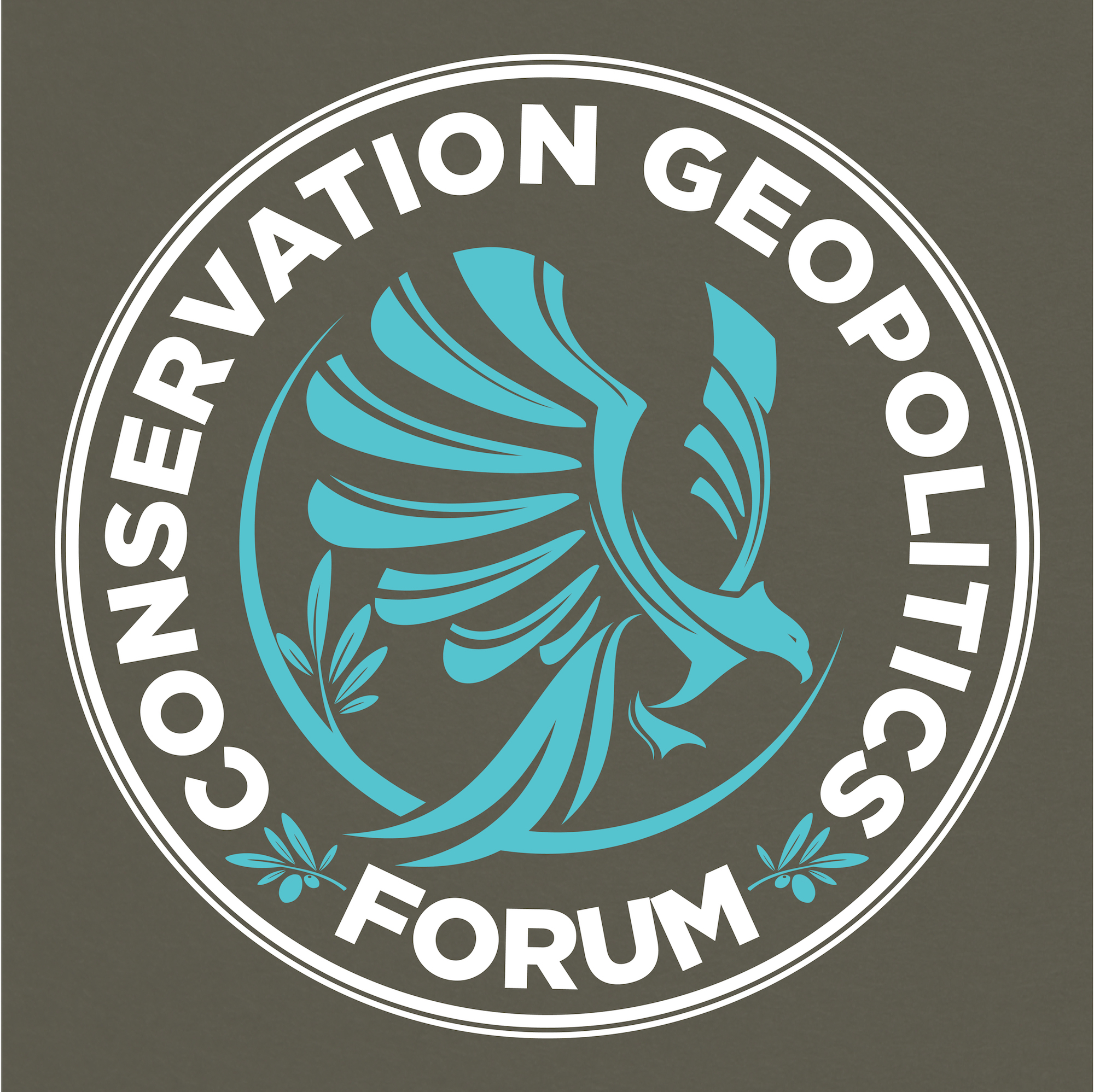News
WildCRU Conservation Geopolitics Forum
3 WEEKS LEFT TO SUBMIT PAPER / POSTER ABSTRACTS
19th – 22nd March 2019, Oxford, UK
Wildlife is threatened by challenges that are global in scale. These challenges are influenced by geopolitical relationships between countries, and their multiple, sometimes conflicting but often overlapping interests. Understanding and addressing the role of geopolitics in wildlife conservation requires diverse forms of expertise.
The objective of this ground-breaking conference is to spark a scholarly and practically-minded conversation around Conservation Geopolitics – how it shapes global trends that threaten wildlife, and how it might work as a site of intervention for conservation futures.
Confirmed Key Speakers include:
– Professor Rosaleen Duffy, Department of Politics, The University of Sheffield
– Professor Sir Charles Godfray, Director, Oxford Martin School, The University of Oxford
– Professor Cameron Hepburn, Oxford Martin School, The University of Oxford
– Professor Bill Laurance, Centre for Tropical Environmental & Sustainability Studies, James Cook University
– Professor Joseph Mbaiwa, Okavango Research Institute, University of Botswana
– Professor Shannon O’Lear, Department of Geography & Atmospheric Science, The University of Kansas
– Professor Catherine Redgwell, All Souls College, The University of Oxford
– Professor John Vucetich, School of Forest Resources and Environmental Science, Michigan Tech
The forum will assemble leading figures from multiple disciplines, alongside conservation practitioners and policymakers, early career researchers and civil society groups. Through an innovative mix of plenary sessions, specialist paper sessions, workshops, agenda-setting processes and forum sessions, it will develop a conversation that transcends disciplinary boundaries.
We invite papers that propose, develop and critique the practices and processes of conservation geopolitics. We encourage submissions from multiple disciplines, given that the aim of the forum is to generate broad-ranging conversations and collaborations. These disciplines may include but are not limited to conservation science, international relations, law, development studies, environmental economics, tourism studies, political science, political ecology, human geography, anthropology, environmental humanities, and environmental ethics. We encourage both applied and critical interventions.
Papers should address one or more international challenges in wildlife conservation where geopolitical relationships between countries influence the possibilities of response. In particular, we encourage papers that consider political, social, economic, technologic, and ethical situations, practices, processes, and interventions. For example, we anticipate papers on topics such as species migrations across boundaries, major cross-border infrastructure initiatives, international biodiversity treaties and treaty diplomacy, the impact of war and conflict on wildlife, international trade and wildlife, linkages between social justice and conservation outcomes, and transnational economic instruments for environmental governance, amongst other issues.






